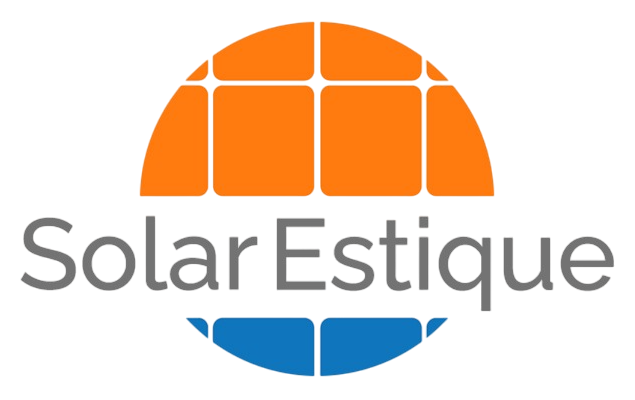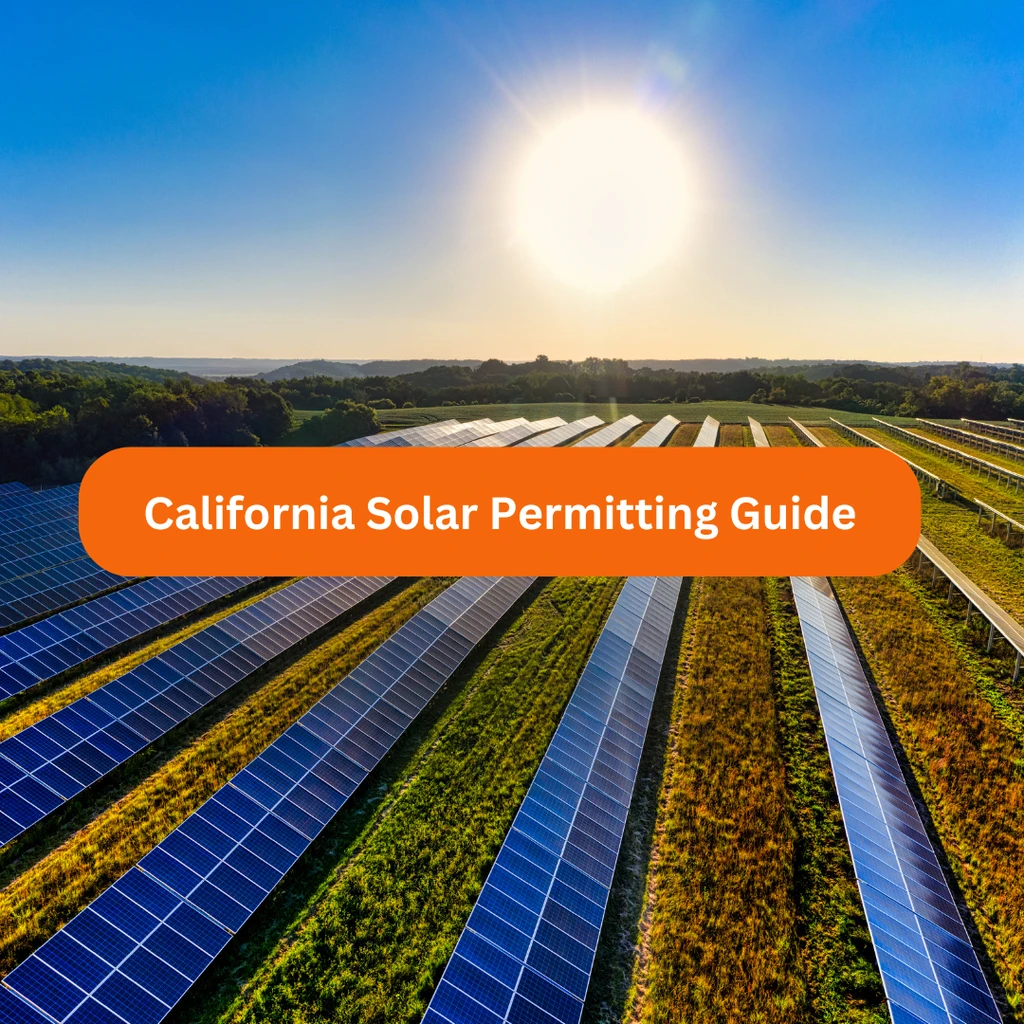Solar energy is rapidly gaining popularity as a clean, renewable resource, and Johnson County, Kansas, is no exception. With the increasing demand for solar power, understanding the permitting process is crucial to ensure your solar project complies with local laws and regulations. This article provides a detailed guide on solar permitting in Johnson County, Kansas, breaking down the process into easy-to-understand subtopics.
Overview of Solar Permitting in Johnson County
Definition and Importance
Solar permitting is the official approval process required before installing a solar energy system. In Johnson County, as in many other regions, this process ensures that solar systems are safe, reliable, and installed according to the proper standards. Permitting involves obtaining the necessary approvals from local government agencies and abiding by building, electrical, zoning, and environmental regulations.
Regulatory Authorities
The primary agency responsible for solar permitting in Johnson County is the Community Development Department. This department oversees zoning, building codes, and other aspects of the installation process. Additionally, the local building department and fire marshal may be involved in inspecting the system during and after installation.
Types of Solar Permits
Residential Solar Permits
For homeowners interested in installing solar panels on single-family homes, Johnson County requires a residential solar permit. This permit is typically needed when installing rooftop photovoltaic (PV) systems. The application process will involve submitting a permit request, along with a system design, electrical drawings, and proof that the system complies with building and electrical codes.
Commercial and Utility-Scale Solar Permits
Larger solar projects, such as commercial buildings or utility-scale solar farms, require a more extensive permitting process. These systems often have a higher energy capacity and may involve additional considerations such as environmental impact assessments, stormwater management, and compliance with zoning laws. These projects also typically require coordination with various local agencies and public meetings.
Application Process
Permit Application Steps
The solar permit application process in Johnson County typically follows these steps:
- Complete the Application: The first step is to complete a permit application form provided by the county. This form will require information about the property, the size of the system, and the installation contractor.
- Submit Required Documentation: Along with the application, you must submit system design plans, electrical schematics, and other supporting documents. The county may also require information about your chosen solar equipment.
- Permit Review: After submission, the county reviews the application and supporting documents. If the plans meet local code requirements, the permit will be approved.
- Inspection: Upon completion of the installation, an inspection is required to verify that the system was installed correctly and safely.
- Final Approval: Once the inspection is complete, the permit is finalized, and the system is ready for operation.
Fees and Costs
Permit fees in Johnson County depend on the size and type of the solar installation. Residential systems usually have a lower fee compared to commercial or large-scale installations. Fees may include charges for the permit application, inspections, and administrative processing. It’s essential to check with the county for the most up-to-date fee schedule before starting your project.
Zoning and Land Use Regulations
Zoning Requirements
Johnson County’s zoning laws govern where solar systems can be installed on properties. For residential installations, zoning typically permits rooftop systems, but ground-mounted solar panels may require additional considerations or variances.
For larger projects, such as solar farms, the zoning laws may require approval from the county’s planning commission, especially if the system impacts surrounding areas or is located in rural or agricultural zones.
Setbacks and Buffer Zones
Local zoning regulations also dictate the required setbacks for solar panels, which determine how far the installation must be from property lines, roads, or neighboring structures. These setback rules aim to ensure safety, prevent shading of neighboring properties, and maintain aesthetic consistency in neighborhoods.
Building Codes and Standards
Structural Requirements
In Johnson County, solar installations must comply with building codes to ensure they are structurally sound. This includes ensuring that the roof can bear the weight of the solar panels, especially for larger systems. For ground-mounted systems, the foundation must meet specific standards to withstand local weather conditions, such as wind and snow.
Electrical Codes
Electrical codes in Johnson County are based on the National Electrical Code (NEC) and the local amendments made by the county. These codes dictate how the solar system must be wired and connected to the grid. The codes are intended to ensure safety and to minimize the risk of electrical fires or system failures.
Environmental Considerations
Environmental Impact Assessments
For large-scale solar projects, environmental impact assessments (EIAs) may be required to analyze the potential effects on local ecosystems. These assessments examine how the installation may impact wildlife, water resources, and the surrounding environment. In some cases, mitigation measures might be necessary.
Stormwater Management
Solar installations, especially large ground-mounted systems, can impact stormwater drainage patterns. Johnson County requires systems to comply with stormwater management regulations to ensure proper drainage and minimize erosion. This may involve the installation of stormwater management systems or site grading.
Inspection and Approval
Inspection Process
The inspection process ensures that solar systems meet local safety and building codes. Inspections are typically conducted at two stages:
- Pre-Installation: Inspectors may review the plans and check that the system meets code requirements before installation begins.
- Post-Installation: After the system is installed, an inspector will verify that the installation matches the approved plans and that it is safely connected to the electrical grid.
Approval and Certification
After successful inspection, the solar installation is certified, and the system is granted final approval. This means it can begin operation, and the homeowner or business can start benefiting from the energy savings provided by solar power.
Recent Developments and Regulatory Changes
Updates to Solar Regulations
In recent years, Johnson County has made efforts to streamline the solar permitting process, improving efficiency and reducing wait times for permit approval. However, regulatory changes can happen frequently, and it’s important to stay informed about any updates that may affect your installation.
Impact of New Policies
The state of Kansas has also introduced policies encouraging solar energy development, including tax incentives and rebates for solar installations. Local regulations may evolve to reflect these state-level incentives, making solar power more affordable and accessible.
Resources and Support
County Resources
The Johnson County Community Development Department provides resources for individuals and businesses seeking to install solar systems. This includes guidance documents, application forms, and the contact information for relevant departments. Their website is the best place to start your solar permitting process.
Community and Industry Support
Several local and regional organizations offer support to solar customers, including advocacy groups, installation contractors, and industry associations. These groups can provide assistance, answer questions about the permitting process, and guide you through the necessary steps.
FAQs
1. Do I need a permit to install solar panels in Johnson County?
Yes, you will need a permit to install solar panels in Johnson County, whether it’s for a residential, commercial, or large-scale installation. The county requires permits to ensure that the installation meets local building, electrical, and safety codes.
2. What documents are required for a solar permit application?
To apply for a solar permit, you’ll typically need to submit:
- A completed permit application form
- System design and layout plans
- Electrical diagrams and schematics
- Proof of compliance with local building codes
- Information about the installer (if applicable)
Additional documentation may be required for larger commercial or utility-scale projects.
3. How much does a solar permit cost in Johnson County?
The cost of a solar permit varies depending on the size and type of the installation. Residential systems generally have lower fees compared to larger commercial or utility-scale projects. It’s best to contact the Johnson County Community Development Department for the most current fee schedule.
4. How long does it take to get a solar permit in Johnson County?
The time it takes to receive approval for a solar permit can vary based on the complexity of the installation and the volume of applications being processed. For residential installations, it may take a few days to a couple of weeks for permit approval. Larger or more complex installations may take longer due to additional reviews and inspections.
5. Do I need to submit an environmental impact assessment (EIA) for my solar project?
For residential solar installations, an environmental impact assessment (EIA) is generally not required. However, for larger commercial or utility-scale solar projects, an EIA may be necessary to assess the potential effects on local ecosystems and resources.
6. Are there zoning restrictions for solar installations in Johnson County?
Yes, zoning regulations apply to solar installations in Johnson County. For residential systems, rooftop solar panels are generally permitted, while ground-mounted systems may have additional requirements. For commercial or utility-scale projects, zoning approval may be required, especially if the project impacts rural or agricultural zones.
7. Will my solar installation be inspected?
Yes, your solar installation will need to pass an inspection both before and after installation. During the inspection, the county will verify that the system meets building, electrical, and safety standards. The system must be approved before it can be used.
8. Can I install a solar system without hiring a licensed contractor?
In Johnson County, it is recommended to hire a licensed contractor for the installation of your solar system, especially for larger projects. A licensed contractor will ensure the system is installed according to all relevant codes and requirements. You may also need to provide proof of the contractor’s credentials as part of the permitting process.
9. Are there any financial incentives or rebates for installing solar panels in Johnson County?
While local financial incentives may vary, Kansas offers state-level programs such as the Property Tax Exemption for Solar Systems and potential rebates through utility companies. It’s advisable to research both state and federal programs to take full advantage of available incentives.
10. What should I do if my solar permit application is denied?
If your solar permit application is denied, the county will typically provide a reason for the denial. Common reasons for denial include incomplete applications, failure to meet zoning requirements, or failure to comply with building or electrical codes. You can address the issues outlined by the county and submit a revised application or appeal the decision if necessary.
11. Can I install solar panels on a historic building or in a historic district in Johnson County?
If you live in a historic district or plan to install solar panels on a historic building, additional approvals may be required. Solar installations may need to comply with local historic preservation guidelines to ensure the system does not alter the building’s historical appearance or impact the character of the district.
12. Do I need to notify my utility company before installing solar panels?
Yes, you will need to notify your utility company before installing a solar system, especially if you plan to connect to the grid. They may require specific procedures for interconnection and may also require certain documentation to ensure the system complies with their grid standards.
Solar permitting in Johnson County, Kansas, involves navigating a complex process that ensures your installation meets safety, zoning, and environmental standards. By understanding the steps involved—from application to approval—you can better prepare for a smooth permitting experience. Whether you’re installing a small residential system or a large commercial array, following the permitting requirements will help ensure your project is both legal and sustainable.



